Quick search
CTRL+K
Quick search
CTRL+K
Global Law Experts is dedicated to providing exceptional legal services to clients around the world. With a vast network of highly skilled and experienced lawyers, we are committed to delivering innovative and tailored solutions to meet the diverse needs of our clients in various jurisdictions.
Please grant permission for our website to access your current location. This will enable our location filter to function and automatically provide you with legal experts from your jurisdiction.
Our new 2023 Handbook covers The Americas, Europe, Asia & Oceania, and Africa & the Middle East. Featuring attorneys in more than 100 countries and experts in 35 different practice areas.
There are no results matching your search.
ResetStay informed with comprehensive global law news, authored by a team of professional lawyers and curated by the esteemed Global Law Experts team. Explore updates from diverse practice areas and legal domains, offering valuable insights into the latest developments worldwide.
posted 18 hours ago
posted 2 days ago
posted 3 days ago
posted 3 days ago
posted 3 days ago
posted 3 days ago
There are no results matching your search.
ResetStay abreast of the ever-evolving legal landscape with Global Law Experts Videos. Access up-to-date information on the latest laws, engage in enlightening Q&A sessions with top-tier legal professionals worldwide, and explore a wealth of invaluable content.

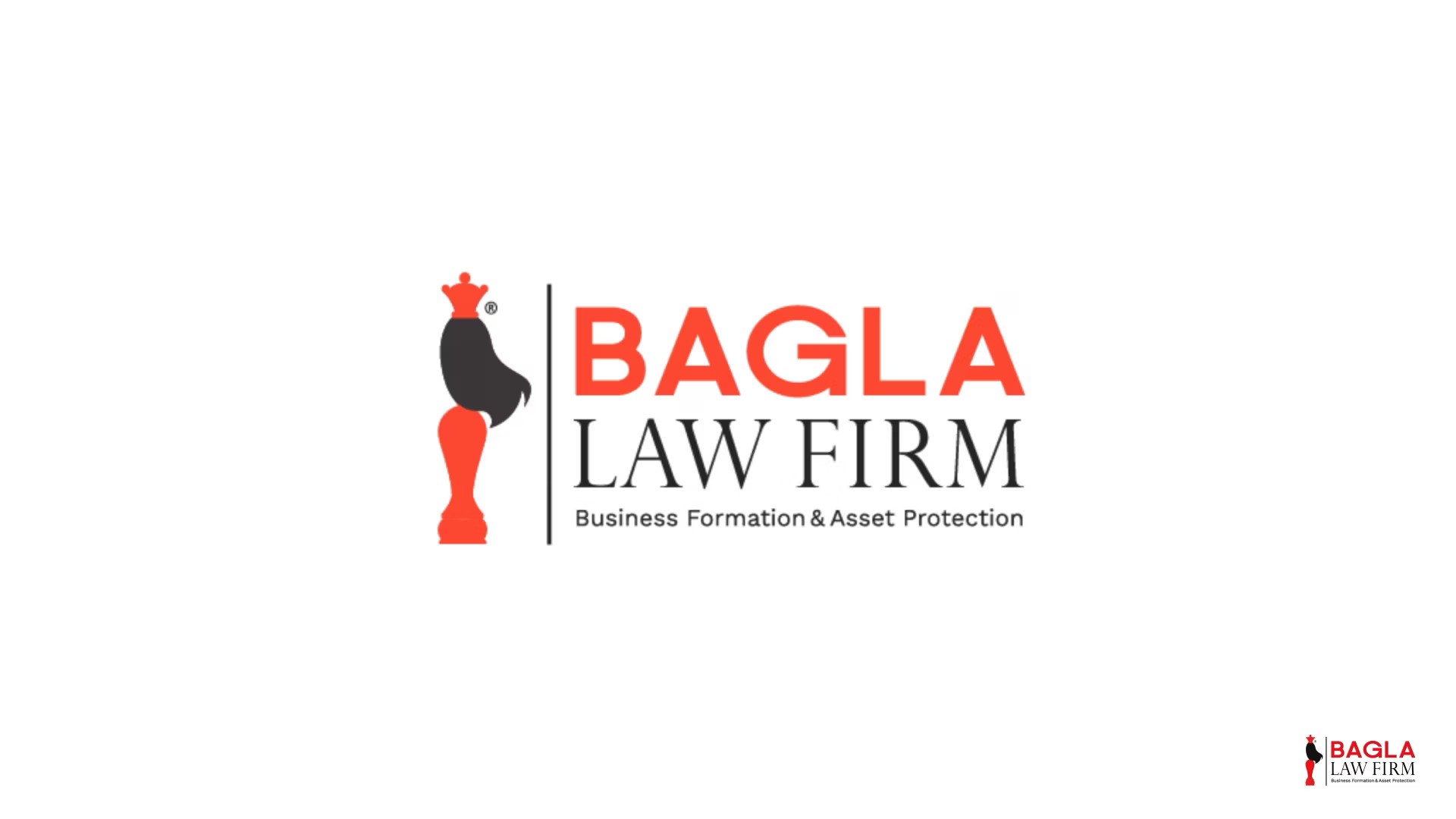
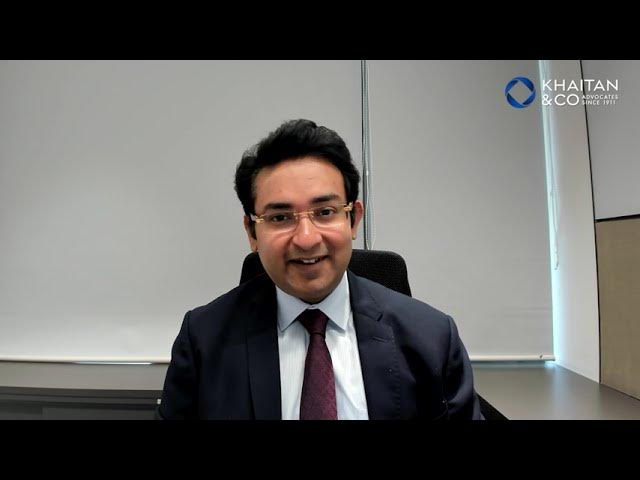

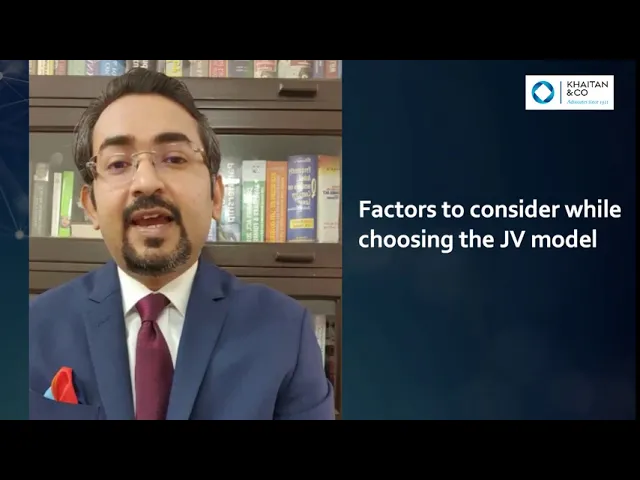
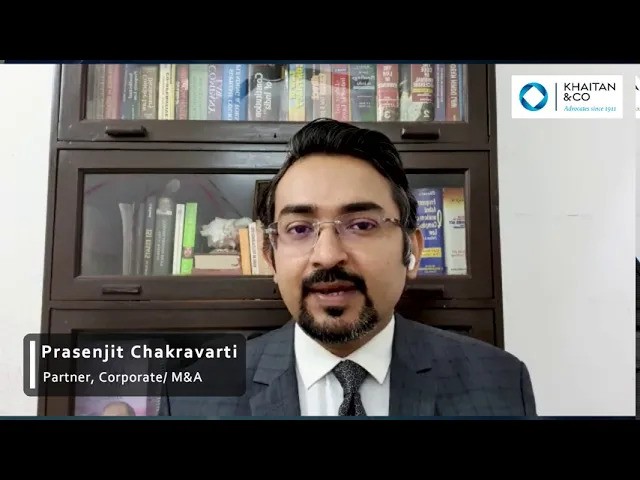

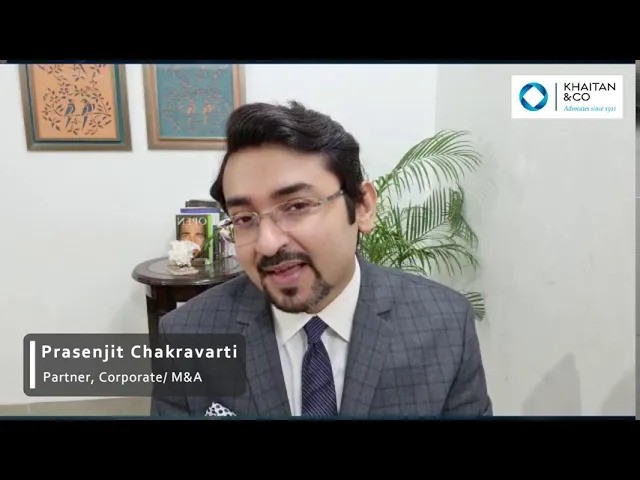


There are no results matching your search.
ResetAccess an invaluable resource of Global Law Experts Guides, meticulously crafted by the foremost legal authorities from across the globe. Explore comprehensive coverage across various law practices, providing authoritative insights and expert guidance for your legal inquiries.
posted 1 year ago
Commercial or mercantile law relates to the interactions, rights and conduct of individuals or businesses engaged in trade and commerce…
posted 1 year ago
Intellectual Property covers a variety of creations, encompassing patents, copyright, trademarks. The legality surrounding them varies from country to country…
posted 1 year ago
Litigation is the final legal process for settling disputes, but its practice is intertwined with alternative forms of dispute resolution…
posted 1 year ago
The collective framework known as Corporate Law governs the rights, conduct and relations of individuals, companies and organisations doing business…
posted 2 years ago
Corporate finance is a broad term encompassing a range of activities, decisions and techniques, often related to corporate transactions that lead to the creation of new capital structures and/or change of ownership…
posted 2 years ago
Banking & Finance Law centres on the contractual relationships that tie borrowers to lenders. The primary aim of advisers in this sector is to manage these interactions to ensure that legal and commercial requirements (as well as the parties’ interests) are met…
posted 2 years ago
Real Estate Law encompasses landowners’ transactions and shares common ground with Property Law – and the myriad ways in which land and property are utilised for personal and business endeavours…
posted 2 years ago
Business crime is a broad term that includes a wide scope of nonviolent criminal offences relating to fraud and illegal financial transactions, often achieved by sophisticated means…
posted 2 years ago
Tax systems vary, although they all involve a levy of finances to the government. Resistance is known as avoidance or evasion…
posted 2 years ago
The legislation concerning Insolvency varies all over the world, but often encompasses matters of bankruptcy, distressed debt, restructuring and turnaround…
There are no results matching your search.
ResetDiscover Global Law Experts Publications, your gateway to unveiling the world’s most prestigious practitioners in the legal sphere. Uncover the unrivaled excellence of our annual award winners, while immersing yourself in insightful articles authored by law advisers and beyond.
There are no results matching your search.
ResetSign up for the latest legal briefings and news within Global Law Experts’ community, as well as a whole host of features, editorial and conference updates direct to your email inbox.
Naturally you can unsubscribe at any time.
Global Law Experts is dedicated to providing exceptional legal services to clients around the world. With a vast network of highly skilled and experienced lawyers, we are committed to delivering innovative and tailored solutions to meet the diverse needs of our clients in various jurisdictions.